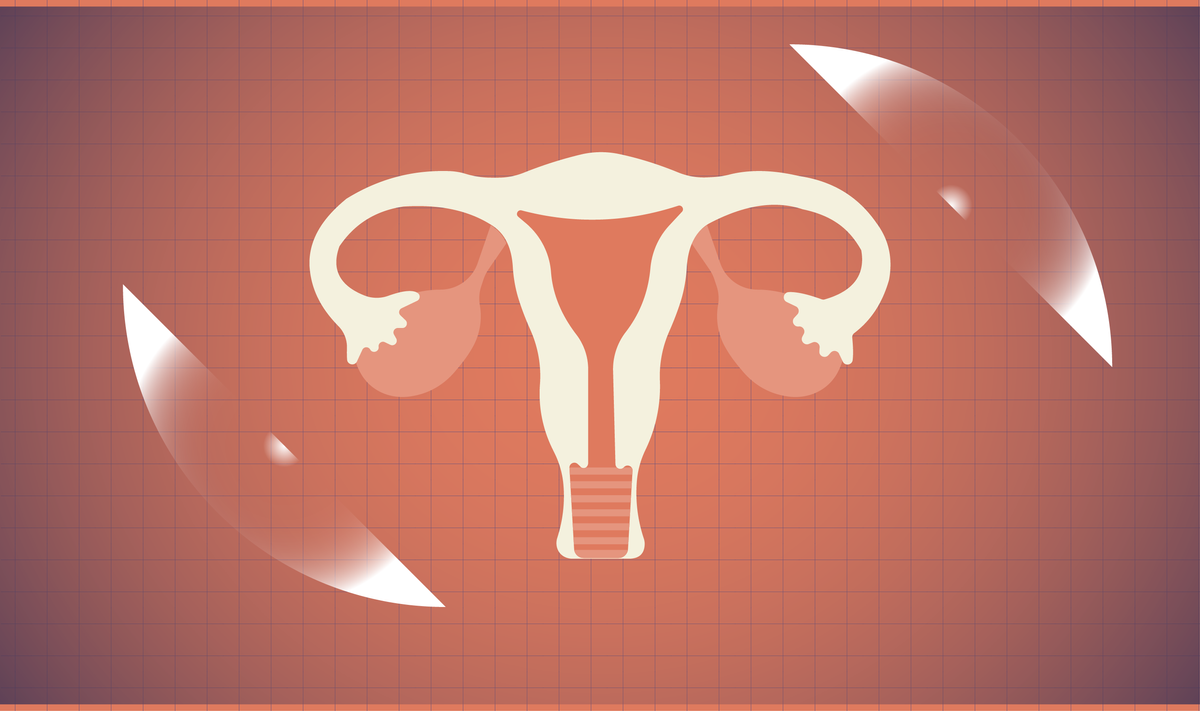Posts show confusion about why children need the HPV vaccine
Meanwhile, conversations expressed support for reproductive health care access.

Meanwhile, conversations expressed support for reproductive health care access.
Last week, an X post sparked confusion about why children need the HPV vaccine, and some comments cited false claims about the vaccine’s safety. In other discussions, social media posts shared support for free condoms and expressed concern about two Planned Parenthood health centers closing in Utah.
In response, communicators may recirculate information about the HPV vaccine, explain where people can access birth control for free or at low cost, and direct people to local and virtual reproductive health care resources.

Insights brought to you by the reporters and science writers of Public Good News (PGN), a nonprofit newsroom dedicated to improving community health.
What’s trending nationally in conversations about reproductive health:
On April 22, an X user shared a post stating that while she is “not anti-vaccine,” she is unhappy that her children’s pediatrician “has repeatedly ‘strongly advised’ the HPV vaccine (for STDs).” The post received approximately 10.5 million views, 22,000 likes, 3,100 reposts, and 4,700 comments as of April 29. Some commenters correctly noted that the HPV vaccine prevents HPV-related cancers. Others asked why children would need HPV vaccines if HPV is a sexually transmitted infection. A few responded to those questions, explaining that the HPV vaccine is recommended for children so that they are protected before becoming sexually active. Several popular comments shared unfounded safety concerns about the HPV vaccine, falsely claiming that the vaccine has been linked to infertility, that it is ineffective at preventing HPV-related cancers, and that it has been linked to widespread health problems.
Leading up to a special election for the Minnesota Senate on April 29, social media users across platforms began recirculating a candidate’s previous remarks about reproductive health. Several posts shared a 2017 video of the candidate speaking out against a public health proposal to include condoms and lubricant in postpartum care kits for new parents. Commenters on X posts and in a thread on a Minnesota subreddit sharing the video expressed support for distributing free condoms and joked about the candidate’s comments, with some calling her “pro-STD.”
Several recent articles and social media posts highlighted Planned Parenthood closures across the country due to federal funding cuts, including two of the eight locations in Utah. A Facebook post sharing an article about the Utah closures received approximately 2,000 views as of April 28. A few comments celebrated the news, suggesting that the closures will lead to fewer abortions in the state. However, one of the closing clinics does not provide abortion care, and the other provides medication abortion only. Most other comments expressed concern about diminishing access to reproductive health care across the country, and many noted that Planned Parenthood provides a variety of services, including cancer screenings, STI testing, birth control, and prenatal care.

Recommendations brought to you by the health communication experts behind Infodemiology.com.
Recommendations for public health professionals
Each week, the Infodemiology.com team will provide messaging recommendations in response to some of the trending narratives outlined above. These helpful tips can be used when creating content, updating web and FAQ pages, and developing strategy for messaging about reproductive health.
Conversations about the HPV vaccine provide an opportunity to explain what HPV is and why the HPV vaccine is recommended for children. Messaging may note that HPV is a sexually transmitted virus that can cause certain types of cancer, including cervical cancer, anal cancer, and throat cancer. Most people will be exposed to HPV in their life, and the HPV vaccine helps protect against common cancer-causing strains. Research consistently shows that the HPV vaccine dramatically reduces rates of cervical cancer. Communicators may stress that like all vaccines, the HPV vaccine was rigorously tested before becoming available. It has been administered for nearly two decades around the world with no serious safety concerns and does not cause infertility. The CDC recommends the HPV vaccine for adolescents ages 11 or 12, but anyone between the ages of 9 and 45 can receive it.
In response to conversations about condoms, communicators may highlight the types of birth control, their effectiveness, and how to access them. Messaging may emphasize that condoms help prevent pregnancy and protect against sexually transmitted infections. Condoms may be available for free through health clinics, public health departments, and health care providers. They are also available for purchase at drug stores, convenience stores, and supermarkets and online. Explaining how to correctly use condoms is recommended.
As several Planned Parenthood health centers close across the country, communicators in impacted areas may direct people to other local health centers that provide birth control, STI testing and treatment, prenatal care, emergency contraception, and other forms of reproductive health care. Messaging may also note that Planned Parenthood offers telehealth services and Planned Parenthood Direct, which delivers birth control and emergency contraception to patients’ homes with no in-person appointment required. Communicators may also continue circulating abortion resources, such as AbortionFinder.org, which directs people to reputable abortion providers; Plan C, which offers information about accessing abortion pills in every state; the Repro Legal Helpline, which provides free, confidential legal services for people seeking abortions; and the National Network of Abortion Funds, which connects people to donation-based organizations that can help pay for abortions and associated costs, including travel and lodge for those seeking an abortion out of state.
